ESG Product Workshop: How to avoid ESG greenwashing and minimise reputational risk when creating or assessing ESG products

Attendees at IMpower Incorporating FundForum gathered on the first day of sessions to participate in a multi-part workshop focused on ESG, greenwashing and products.

Part one
Workshop moderation and introduction – Making sense of what’s recommended, mandated and increasingly expected across the US, Europe and the UK
The asset management industry is great at rolling out new and innovative ESG products, but are they really listening to investors before products reach the design stage?
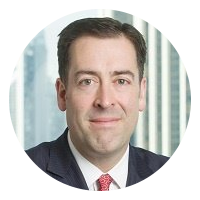 AJ Harper, Euroclear’s Head of Sustainable Finance, ETFs and asset managers, introduced a panel discussion at IMpower FundForum 2022 about what investors really want when it comes to ESG, and the challenge of designing ESG products that meet those needs.
AJ Harper, Euroclear’s Head of Sustainable Finance, ETFs and asset managers, introduced a panel discussion at IMpower FundForum 2022 about what investors really want when it comes to ESG, and the challenge of designing ESG products that meet those needs.
He asked Marina Corghenci, Global Head of Funds Relations at Euroclear company MFEX, what ESG means for her asset manager and distributor clients. They agreed data - and the quality and consistency of that data - is crucial. Asset managers use data to defend the ESG component of their products when they take them to market, and to measure the impact they are having.
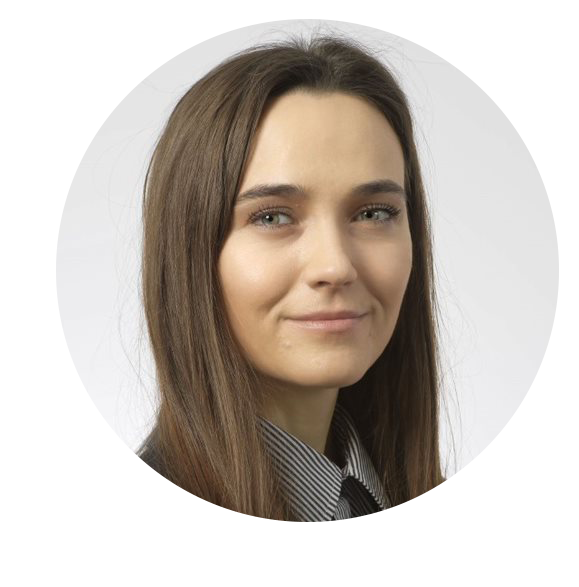 But how can asset manager ensure the ESG data they are using to screen securities, for instance, is reliable? “The key is taking the information from multiple sources and being sure this data is giving meaningful metrics,” said Corghenci. “That’s where asset managers today are really struggling and they need some external help from consultants that can help them in collecting this data and knowing that it is reported in the correct format.”
But how can asset manager ensure the ESG data they are using to screen securities, for instance, is reliable? “The key is taking the information from multiple sources and being sure this data is giving meaningful metrics,” said Corghenci. “That’s where asset managers today are really struggling and they need some external help from consultants that can help them in collecting this data and knowing that it is reported in the correct format.”
Regulatory requirements are also a persistent challenge – Harper said one analyst recalled the day a 600-page regulatory document landed on his desk, containing 2,500 data points to which every fund had to comply.
“The phrase I heard from one asset manager is that people are looking for a compass through the maze.”
Part two
Sustainable suitability – What do investors actually want? Understanding behavioural preferences for ESG, and how to turn these into portfolio solutions
How can asset managers best understand investor demand for ESG investment products, especially when values-driven investing is so personal and subjective?
 Moderator Dr Greg B Davies, head of behavioural science at Oxford Risk, told a packed room of delegates that demand for ESG products has yet to be fully realised. “There is substantial demand from investors to align their investments to their values and to want to do good with their wealth. But that demand is still largely untapped,” he said.
Moderator Dr Greg B Davies, head of behavioural science at Oxford Risk, told a packed room of delegates that demand for ESG products has yet to be fully realised. “There is substantial demand from investors to align their investments to their values and to want to do good with their wealth. But that demand is still largely untapped,” he said.
Demand tends to be driven by attitudes, not demographics, and of course investors are all different, so the key to meeting their needs is better customisation and personalisation of both investment solutions and communications, Davies suggested.
He outlined four dimensions of attitudes towards ESG investment products:
- Impact desire – how much do investors want to align their portfolio with their values?
- Impact trade-off – their willingness to accept reduced liquidity, returns, or extra risk in exchange for social impact.
- The need for evidence – to what degree do they need convincing to engage with responsible investing?
Impact apprehension – how far are they put off by the novelty, complexity and regulation around ESG investing? “With these four things we can place any investor relative to the whole population – in other words, give them a unique fingerprint,” said Davies.
Daniel Klier, CEO of Arabesque, then talked about how his firm has spent the last five years building awareness of the term ‘ESG’.
But, now that it’s everywhere, people want to understand what is driving it, and dig into the raw data to uncover its substance.
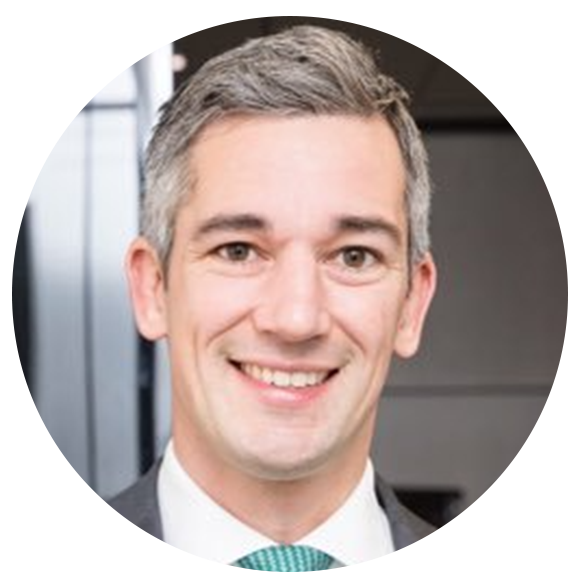 “People have very different preferences here. Some want to use non-financial data essentially for risk/return decisions - to avoid the next big human rights scandal, or find the next Tesla. Some want to manage outcomes – you want a portfolio that has a higher share of women on the board, or is net zero aligned. Some want to measure impact – how much carbon did you abate or how many jobs did you create? Some only care about how you apply regulation. Having a single ESG score that tries to do all of that in one just doesn’t work.”
“People have very different preferences here. Some want to use non-financial data essentially for risk/return decisions - to avoid the next big human rights scandal, or find the next Tesla. Some want to manage outcomes – you want a portfolio that has a higher share of women on the board, or is net zero aligned. Some want to measure impact – how much carbon did you abate or how many jobs did you create? Some only care about how you apply regulation. Having a single ESG score that tries to do all of that in one just doesn’t work.”
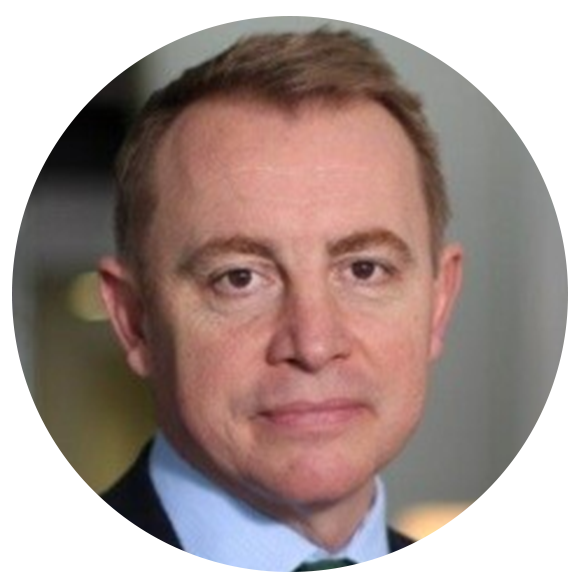 Simon Hillenbrand, head of UK intermediary at Janus Henderson Investors, talked to the delegates about client experience and ESG fund buying. Flows into sustainable funds globally dropped by 36% in the first quarter of 2022, influenced by the cost of living crisis and war in Ukraine. The current sell-off follows heavy buying of the sector post-pandemic. “But I’m here today to say that I don’t think SRI is done as an investment theme,” said Hillenbrand, adding that intermediaries are perhaps not totally on board with some of the issues behind their clients’ ESG investment decisions.
Simon Hillenbrand, head of UK intermediary at Janus Henderson Investors, talked to the delegates about client experience and ESG fund buying. Flows into sustainable funds globally dropped by 36% in the first quarter of 2022, influenced by the cost of living crisis and war in Ukraine. The current sell-off follows heavy buying of the sector post-pandemic. “But I’m here today to say that I don’t think SRI is done as an investment theme,” said Hillenbrand, adding that intermediaries are perhaps not totally on board with some of the issues behind their clients’ ESG investment decisions.
“We as distributors have a massive role to play in helping intermediary clients get to the next stage. Whilst I think we’re in a bit of an air pocket at the moment caused by performance and other matters, we’ve got a really good opportunity now to leverage a lot of the work we’re having to do as providers to get up to speed with regulation.”
Part three
Creating credible ESG products discussion – Challenges, risks and solutions on marketing sustainability from leading asset managers, private banks and innovative data providers.
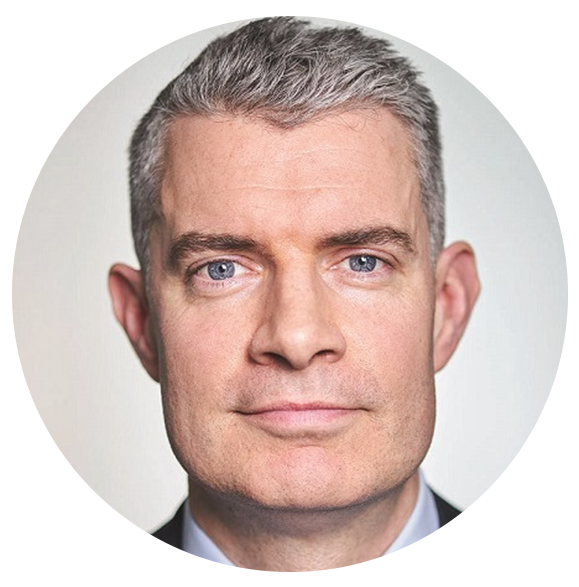 In part three of the session, moderator Tom Caddick, Head of Investments, London for NedGroup Investments, asked three panellists for their views on greenwashing. He noted that, since the explosion in popularity of ESG fund, many asset managers now claim they have multi-decade experience in the space. “Does legacy matter, and can you run products in the ESG space alongside more traditional categories?” he asked.
In part three of the session, moderator Tom Caddick, Head of Investments, London for NedGroup Investments, asked three panellists for their views on greenwashing. He noted that, since the explosion in popularity of ESG fund, many asset managers now claim they have multi-decade experience in the space. “Does legacy matter, and can you run products in the ESG space alongside more traditional categories?” he asked.
 “It does definitely help, but it’s not a pre-requisite,” replied Mark Lane, senior investment manager at abrdn. He noted that there are companies with experience managing ethical funds, which are quite different to impact funds, for instance. There are also examples of firms importing teams from elsewhere, if the wider business did not have the relevant ESG expertise. “Fund selectors should be able to see through the differences and the nuances with regards to both,” he said.
“It does definitely help, but it’s not a pre-requisite,” replied Mark Lane, senior investment manager at abrdn. He noted that there are companies with experience managing ethical funds, which are quite different to impact funds, for instance. There are also examples of firms importing teams from elsewhere, if the wider business did not have the relevant ESG expertise. “Fund selectors should be able to see through the differences and the nuances with regards to both,” he said.
 Karin Bouwmeester, Senior ESG Manager at ABN Amro Bank, talked about her work around integrating ESG practices within the business, not just the investments themselves. She explained that she looks at a fund manager’s activity across both ESG and non-ESG products.
Karin Bouwmeester, Senior ESG Manager at ABN Amro Bank, talked about her work around integrating ESG practices within the business, not just the investments themselves. She explained that she looks at a fund manager’s activity across both ESG and non-ESG products.
While it is possible to have non-sustainable strategies alongside sustainable ones in a product suite, the problem is that “when we look at engagement and voting, for a sustainable fund you need a sustainable voting profile. So we’re really looking at the whole manager and what he’s doing for all his strategies.”
She also talked about the importance of data as ‘proof of concept’ but the difficulty of getting it from companies in certain areas such as biodiversity, greenhouse gas emissions, water waste, and human rights. “There’s not a lot of positive data available,” she said.
This means asset managers will need to put more resources in terms of manpower and budget in order to source and analyse the meaningful data they need.
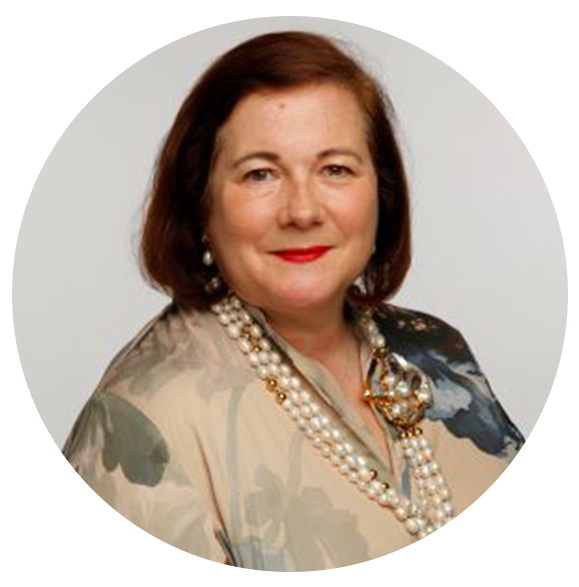 Caddick then asked Verena Charvet, Founder and Head of Consultancy Business Merlys, for her views on the role of asset managers in educating clients on ESG issues. “I think the asset manager has a big role here,” she said. “This is a new space and there is a huge responsibility being placed on the industry which I personally feel is a bit unfair. What I do think is that education of clients is key to getting the right outcomes,” she said.
Caddick then asked Verena Charvet, Founder and Head of Consultancy Business Merlys, for her views on the role of asset managers in educating clients on ESG issues. “I think the asset manager has a big role here,” she said. “This is a new space and there is a huge responsibility being placed on the industry which I personally feel is a bit unfair. What I do think is that education of clients is key to getting the right outcomes,” she said.
That’s because ESG means different things to different people, and so to understand what your clients are telling you, you need “clarity of your offering, clarity in the documentation, and you must use terms your clients understand.” This will ultimately be good for asset managers’ bottom line. “People come to you because they can understand what you’re offering,” Charvet said.
She added that, from the perspective of keeping the regulator happy, asset managers must be able to back up whatever they are telling investors. If something goes wrong, firms will have to show their workings, and that means making sure they have something robust under the bonnet when developing ESG products.

